You will learn:
Course time:
Accreditation:
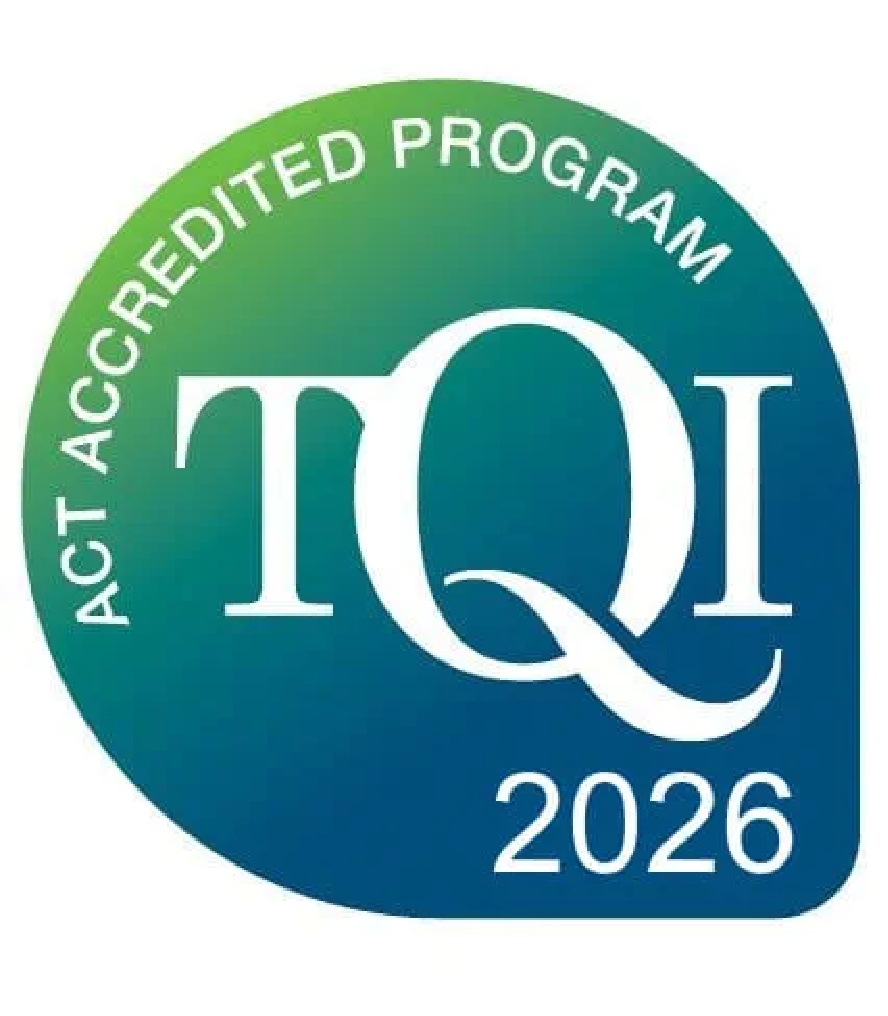
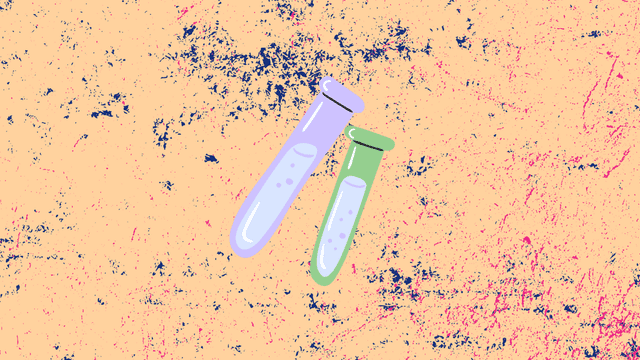

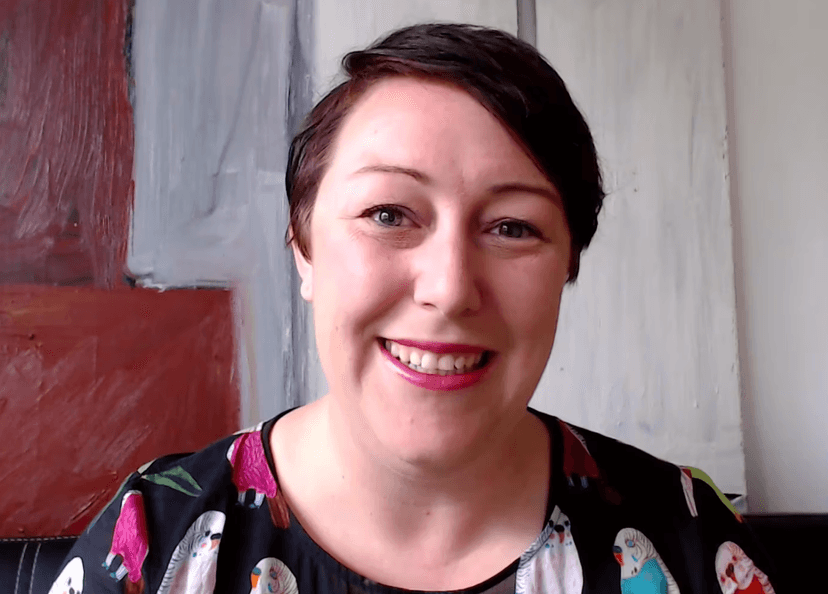
Introduction
Science education
Set some learning goals
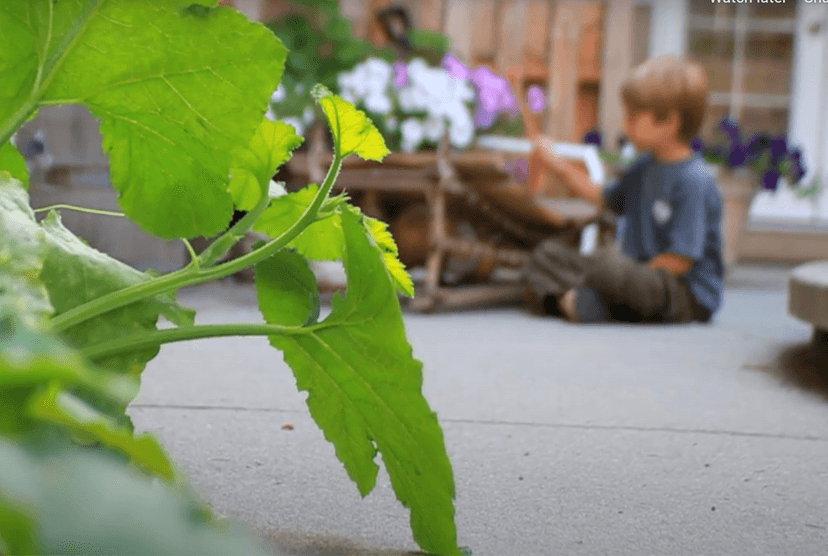
Exploring the world
Using the constructivist approach
Science in the EYLF
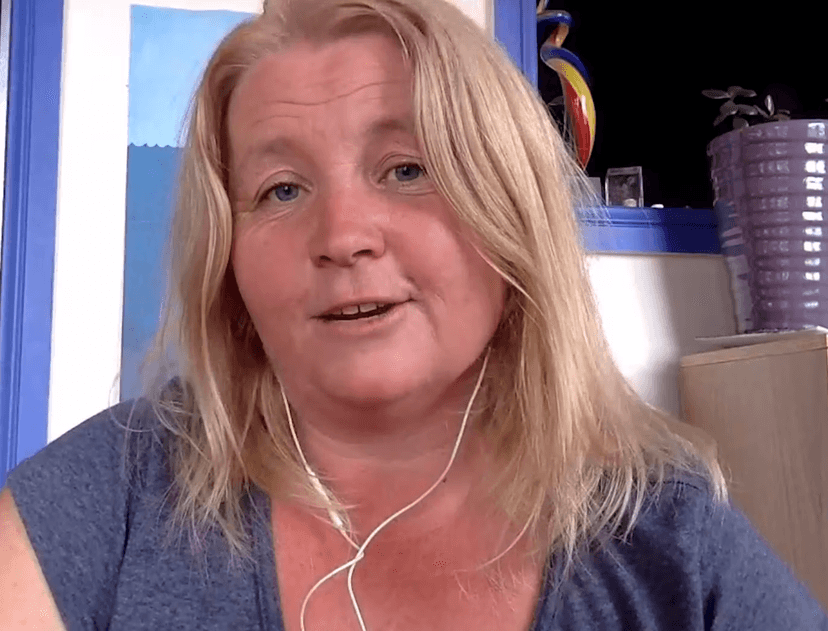
About the experiments
Creating shadows
Creating shadows - provocations
Quick check-in
Human sundial
Human sundial - explanation
Melting ice
Melting ice explanation
Recipe for teaching
Water play ideas
Water painting provocations
Be a science role model
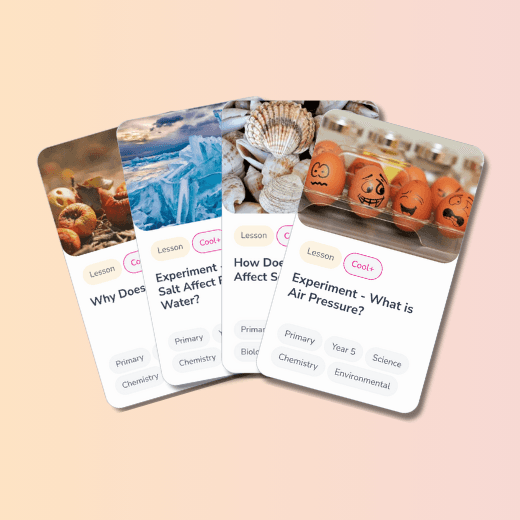
EYLF teaching resources
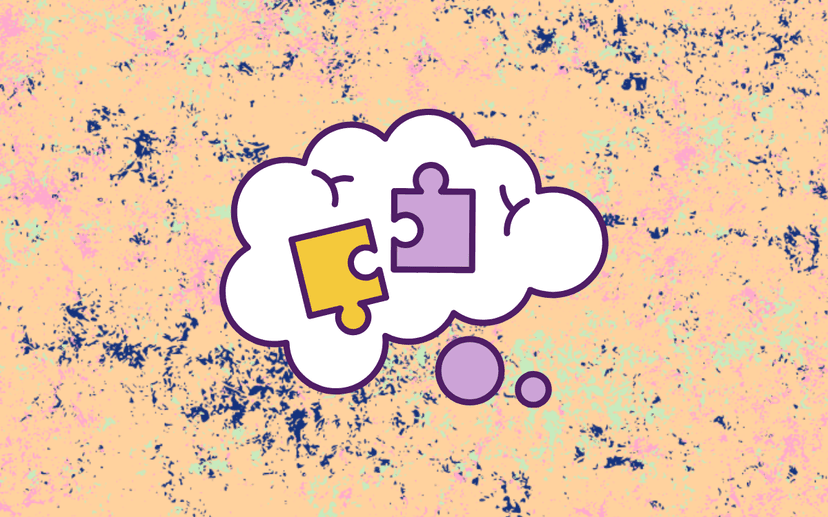
Reflection
Taxonomy of learning
Suggestions for collaboration
Congratulations

Mark Drummond from Cool Australia is your course teacher. He has worked in the education sector for over 11 years as a classroom teacher, Leader of Pedagogy within an Ed-Tech start-up and as an educational consultant. Mark is an absolute science nerd and loves talking about dinosaurs as much as he loves talking about education (which is a lot)!
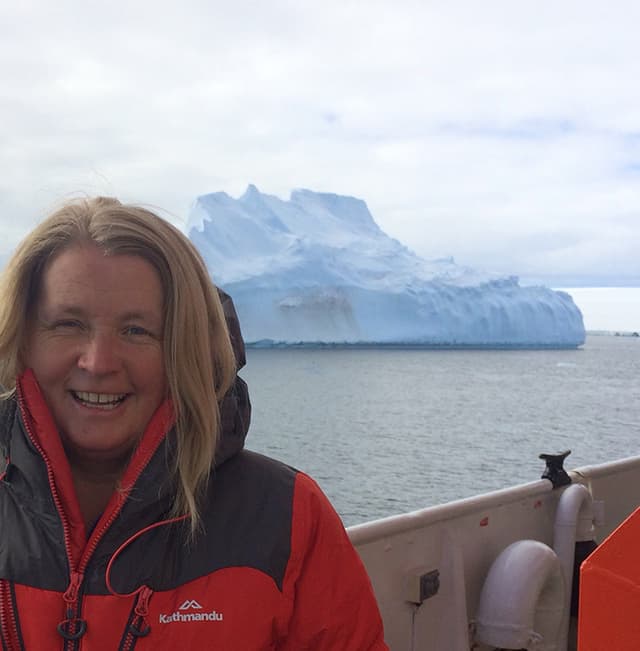
Tracey Gray helped write this course. Tracey is an Aquatic Scientist and an experienced science classroom teacher. She is passionate about creating innovative programs that integrate STEM and STEAM techniques. Tracey is a WISE-STEM changemaker leader and participated in the 1st Homeward Bound- global STEM female scientist leadership expedition to Antarctica in 2016.